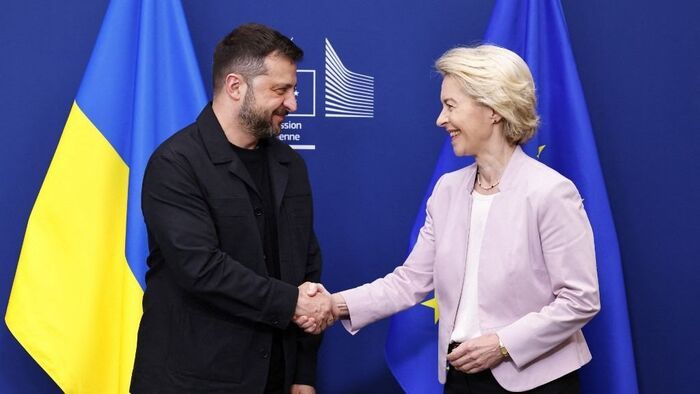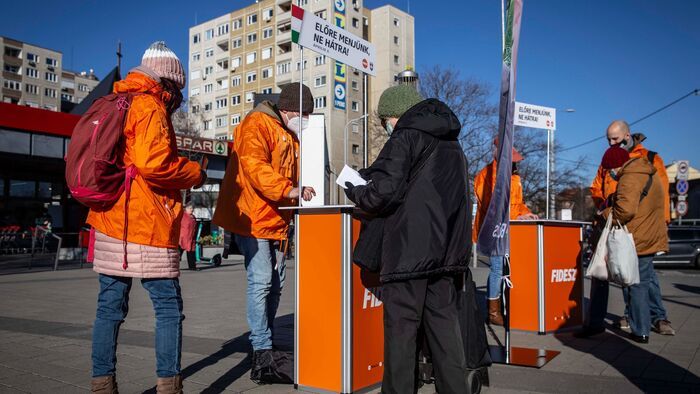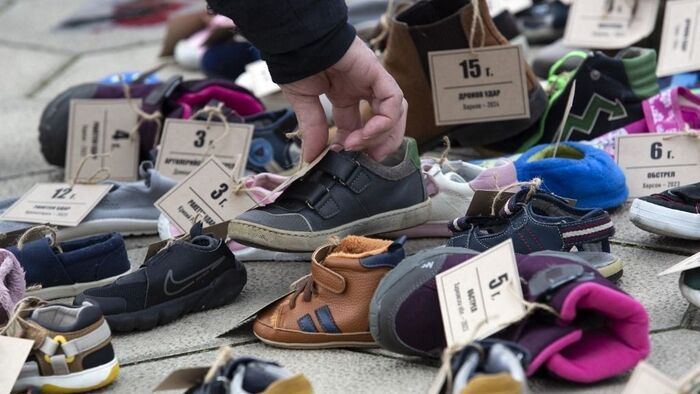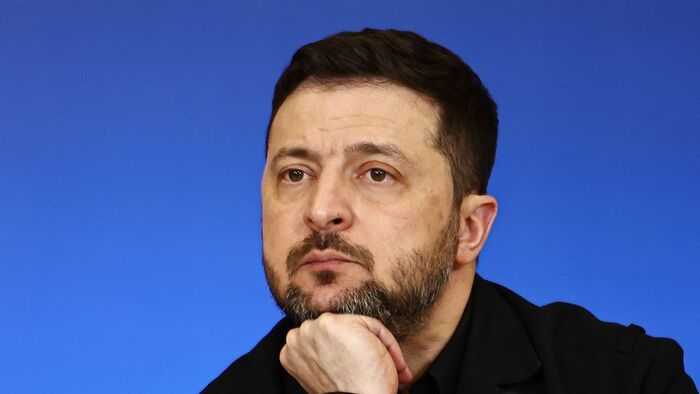This would have marked the first time Austria deported an individual convicted of a crime to Syria following the lifting of the ban that had been in place since 2015. The Federal Office for Immigration and Asylum had already organized the deportation following a decision by the Federal Administrative Court, but it ultimately failed to take place, the international V4NA news agency reports.

Syrian Airspace Closed, Man Remains in Custody
Due to the escalation of the Middle East conflict, the airspace over the country is closed, and therefore no aircraft are currently allowed to fly to Syria,
said Austria's interior ministry. The individual in question, a 32-year-old criminal, remains in custody. As soon as deportation becomes possible, it must take place. However, this will once again require approval from the Syrian authorities. The certificate issued for the man was valid for a specific date, which has now expired.
In this specific case, the convicted individual is serving a longer prison sentence in Austria, the European Court of Human Rights did not object to the deportation.
This means there are no legal obstacles under European law, as it is not assumed the person would face danger upon return to his home country. Had the deportation gone ahead, it would have been the first since the outbreak of the Syrian civil war, which began nearly a decade and a half ago. Austria has long been seeking to return Syrians to their homeland, particularly those convicted of crime.
Deportations from the EU to Syria Are Rare
Deportations from the EU to Syria are currently extremely rare. Eurostat statistics reveal that only a few dozen such proceedings have been initiated in recent months, though it is unclear whether any of these expulsions have actually been carried out.
Frontex, the EU’s border protection agency, has already released a "return guide" for children at risk of deportation.
The publication was designed for children aged 6–11 and 12–17, who are awaiting deportation, and is available in multiple languages. Although, as the agency stated, "the Frontex returns department has coordinated the entire content with the EU member states and the Consultation Forum," children’s rights organizations have sharply criticized it.
Kinderrechte Deutschland, a network responsible for implementing the UN Convention on the Rights of the Child, claims the published materials violate the fundamental principles of the convention.
The network says Frontex "turns its own deportation process into an adventure story," thereby violating children’s right to proper information. The organization stated:
The gap between formal references to children's rights and their actual implementation is enormous and represents a particularly problematic violation of the right to appropriate and child-friendly information.
Cover photo: Illustration (Photo: AFP)























Szóljon hozzá!
Jelenleg csak a hozzászólások egy kis részét látja. Hozzászóláshoz és a további kommentek megtekintéséhez lépjen be, vagy regisztráljon!